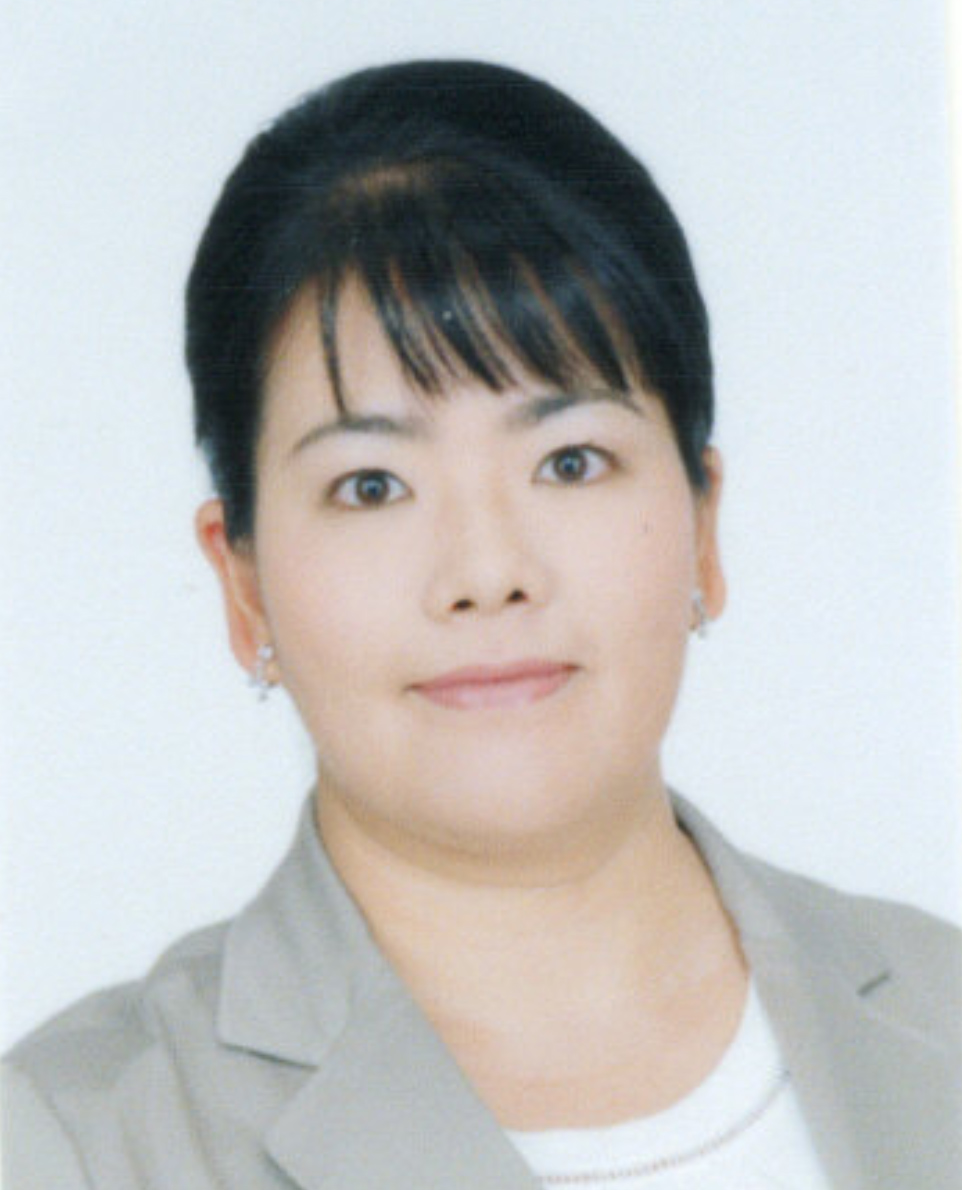Mari Hirayama is Professor of Criminal Procedure and Criminal Justice Studies at Hakuoh University, Faculty of Law, in Tochigi Prefecture of Japan. Professor Hirayama holds Master of Laws from Kwansei Gakuin University as well as LL.M. from the University of Minnesota Law School (on the Fulbright Program). From 2013-2014, again on the Fulbright Program, she conducted her research at the Center for the Study of Law a nd Society at UC Berkeley Law School, as a Visiting Scholar.
Professor Hirayama has conducted research on lay participation in the criminal justice system, especially issues in sex crime cases tried by the lay judge system. In recent years, she also conducted research on Prosecution Review Commissions in Japan. With Professor David T. Johnson (U of Hawaii) and Professor Hiroshi Fukurai (UC Santa Cruz), she published “Kensatsu Shinsakai- Nihon no Keijisiho wo Kaeruka [Prosecution Review Commissions- Will They Change the Criminal Justice in Japan] (Iwanami, 2022), which was one of the first research book on the Prosecution Review Commissions. Her recent publications in English include “The First Ten Years of the Lay Judge System: Now, Do We Have “Hope” for Criminal Trials in Japan?”, Hastings Journal of Crime and Punishment Vol.1 No.3 (2020), “Japan’s Reformed Prosecution Review Commission: Changes, Challenges, and Lessons,” Asian Journal of Criminology Vol. 14 (2019) (with David Johnson), “A Future Prospect of Criminal Justice Policy for Sex Crime in Japan-the Roles of the Lay Judge System There” in Jianhong Liu and Setsuo Miyazawa (eds.), Crime and Justice in Contemporary Japan (Springer, 2018), “Introduction of Videotaping of Interrogations and the Lessons of the Imaichi Case; A Case of Conventional Progress of Criminal Justice Policy-Making in Japan,” Washington International Law Journal, Vol. 27 No. 1 (2018) (with Setsuo Miyazawa). “Sentencing and Crime Policy for Sex Offenders in Japan,” in The Wiley-Blackwell Handbook of Legal and Ethical Aspects of Sex Offender Treatment (The Wiley-Blackwell, 2013).

